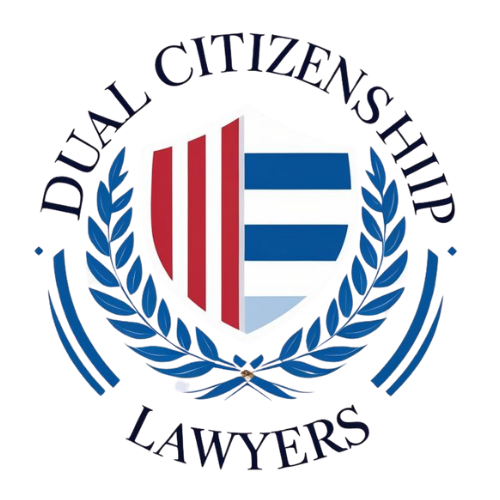Naturalization is the legal process by which a foreign national becomes a United States citizen. While the standard path to U.S. citizenship involves living in the U.S. as a green card holder for several years, there are quicker and more flexible options for certain groups—like spouses of U.S. citizens or members of the U.S. military.
Let’s walk through how naturalization works, what the requirements are, and the benefits of becoming a U.S. citizen.
What Is Naturalization?
Naturalization is the final step in the U.S. immigration journey. It’s how a non-citizen officially becomes an American by meeting a set of legal requirements under U.S. immigration law.
While there’s a standard process, some individuals—such as military personnel and spouses of U.S. citizens—qualify for faster or simplified procedures.
Standard Naturalization Process
For most applicants, here’s what the classic path to U.S. citizenship looks like:
- 5 years as a lawful permanent resident (green card holder)
- Good moral character and tax compliance
- Basic English language proficiency
- Knowledge of U.S. history and government
- Pass a citizenship interview and civics test (unless exempted)
- Take the Oath of Allegiance
Once you complete these steps, you’re officially a naturalized U.S. citizen with full rights and protections.
Fast-Track Option: If You’re Married to a U.S. Citizen
Good news if you’re married to a U.S. citizen: the process is shorter and simpler!
Here’s what’s required:
- Only 3 years of permanent residency (instead of 5)
- Proof of a genuine marital relationship
- Living together with your U.S. spouse for at least 3 years
- Good moral character and up-to-date taxes
This faster path recognizes the importance of family unity and makes it easier for spouses to become U.S. citizens.
Naturalization Through U.S. Military Service
If you’ve served in the U.S. military, the path to citizenship could be even quicker—with fewer requirements.
Military members may:
- Apply even while on active duty
- Skip the usual residency and physical presence rules
- Be exempt from the civics and English tests in some cases
- Get priority processing of their applications
To qualify, service must be honorable and lawful, and veterans may need to pass additional background or security checks.
Things to Keep in Mind
While these special naturalization pathways are great advantages, they come with unique rules:
- Military applicants may undergo extra security checks
- Spouses must provide evidence of a real, ongoing marriage, not just on paper
- Requirements can vary based on current immigration laws and personal circumstances
Always check with USCIS or a qualified immigration attorney to ensure you’re eligible.
Benefits of U.S. Citizenship vs. Green Card
Becoming a U.S. citizen brings several key benefits compared to just holding a green card:
- No risk of deportation, even if you face legal trouble
- Freedom to live abroad for as long as you want
- Right to vote in U.S. elections
- Ability to pass citizenship to your children
In short, it’s the most secure and complete immigration status the U.S. offers.
What About Dual Citizenship?
It depends on your home country:
- Countries like India, China, and Japan do not allow dual citizenship. If you naturalize as a U.S. citizen, you’ll lose your original nationality.
- Countries like Canada, Greece, France, and the UK do allow dual citizenship. You can become a U.S. citizen without giving up your original one.
Always check your home country’s laws before applying.
Conclusion
Naturalization is a meaningful step in your immigration journey—and it opens the door to new freedoms, protections, and opportunities. Whether you’ve lived in the U.S. for five years, married a U.S. citizen, or served in the military, there’s likely a pathway for you.
If you’re ready to become a U.S. citizen, consider speaking with an immigration lawyer or visiting USCIS.gov for application forms, study materials, and more. If you’re considering this route, it’s a good idea to talk to E. CHATZIDIMITRIOU LLC Law Firm at any stage of the process, do not hesitate to call +1 347 (403) 47-89 or E-mail.

